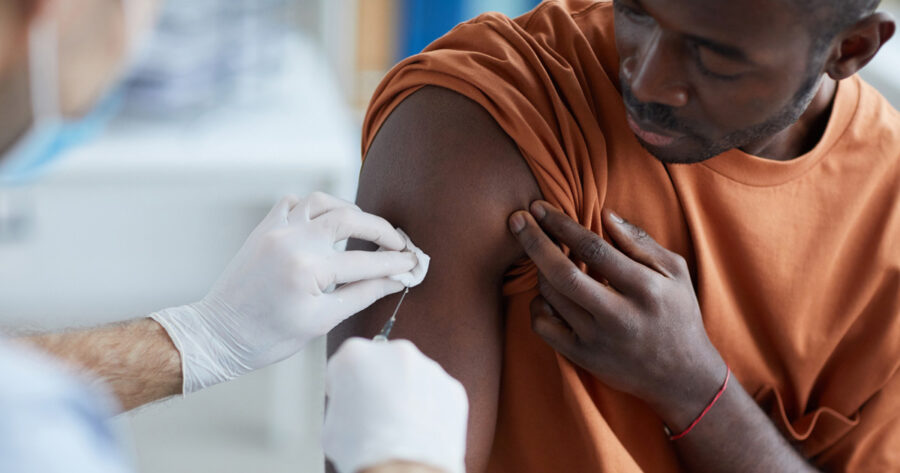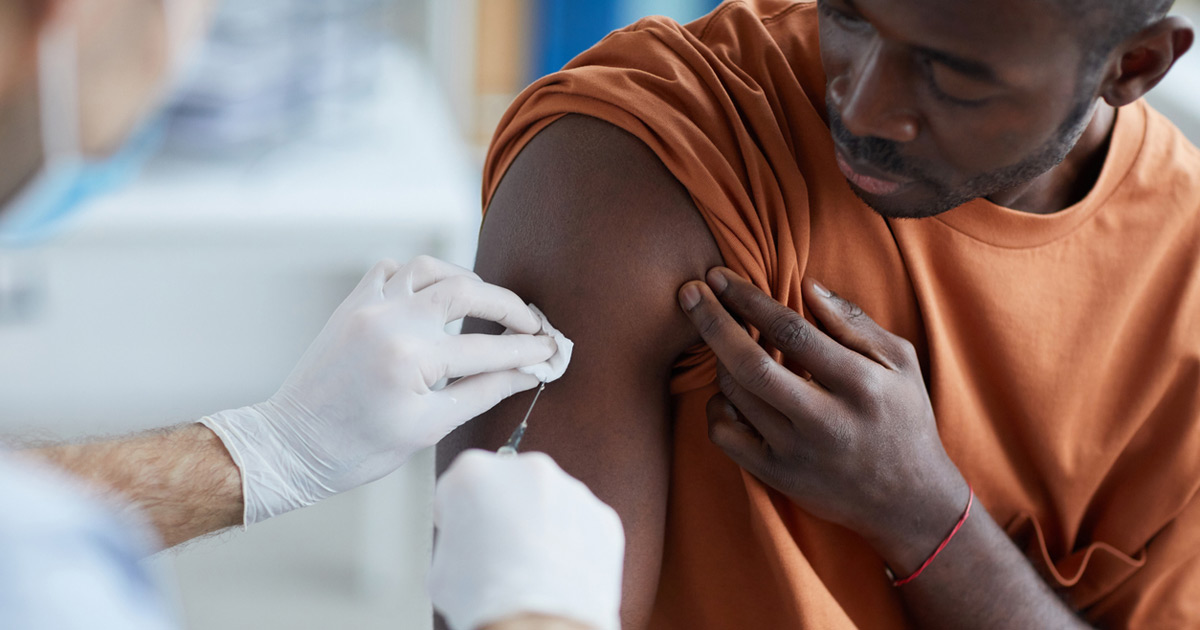
South Africa Secures 30 Million Johnson & Johnson Vaccines
President Cyril Ramaphosa has confirmed that South Africa has secured 30 million Johnson & Johnson (J&J) COVID-19 vaccines. In addition, 220 million jabs which will leave the Aspen Pharmacare’s production line will be spread throughout the African continent. The President made the announcement when he and his Deputy, David Mabuza, visited the Aspen Pharmacare sterile […]

President Cyril Ramaphosa has confirmed that South Africa has secured 30 million Johnson & Johnson (J&J) COVID-19 vaccines.
In addition, 220 million jabs which will leave the Aspen Pharmacare’s production line will be spread throughout the African continent.
The President made the announcement when he and his Deputy, David Mabuza, visited the Aspen Pharmacare sterile manufacturing facility where millions of vaccines shots are produced at Gqeberha, Eastern Cape on Monday.
“As you well know, we’ve got a multi-supplier system of acquiring vaccines, Johnson & Johnson is one of those that we’re buying vaccines from and there are a number of others.”
He said government is continuing to negotiate with several drugmakers as they work tirelessly to acquire the much-needed lifesaving vaccines.
“The Minister of Health and his officials together with Finance continue to be seized with that whole process,” he said.
He stressed that the country will not be overpaying for the vaccines to acquire J&J and other suppliers.
“There is a great competition around the world about acquiring vaccines and we’re focused more to say, we’ve got to acquire vaccines as quickly as possible so that we can save our people’s lives.”
He shot down criticism around the slow pace of the country’s COVID-19 vaccine rollout. The sluggish vaccine distribution has been caused by a global shortage of vaccines.
This was not unique to South Africa, the President said, citing Japan and some other European and African countries, which started their programme later than expected.
“You will remember that we acquired vaccines initially from India and through scientific processes they were not efficient for the variant that we have and we have to source that vaccines.”
In February, President Ramaphosa said South Africa became the first country in the world to give J&J to healthcare workers.
The President said he hoped the visit would speed up production, while he said government is still waiting for the Pfizer jabs.
“People tend to think we’ve lost time, we’ve lost a bit of time but we still on target in terms of our phase and we’re now going to speed up the whole process of getting these. So, losing doesn’t mean in my book that government is failing.”
He reiterated that government is committed to saving the lives of the people.
“We haven’t been sleeping on the job. The Minister and the Deputy President don’t sleep, making sure that we work very hard we get those vaccines.”
In November 2020, Aspen Pharmacare collaborated with J&J to establish the capacity required for the manufacturing of the vaccine at Aspen’s sterile facility.
The facility packages these products into vials, ampoules and pre-filled syringes.
Aspen has invested more than R3 billion in the facility, which will further provide lifesaving medicines for the domestic and export markets.
Meanwhile, Aspen CEO Stephen Saad said his company was committed to ensuring equitable access to COVID-19.
According to Saad, South Africa will receive its first batch in April.
Third-wave after Easter in South Africa?
Amid fears of a third wave of infections following the Easter long weekend, President Ramaphosa said the National Coronavirus Command Council (NCCC) will meet on Tuesday.
“We should be able to also discuss the matter with our provinces… they will tell us how we’re behaving in relation to whether we’re observing various protocols or not.”
Therefore, a decision will be taken once they have received reports from all the provinces.
“If we find that our people are not observing the protocols and there are fears that there could be a further surge, then we’d have to re-examine our position and say, do we need further restrictions?” said the President. – SAnews.gov.za
